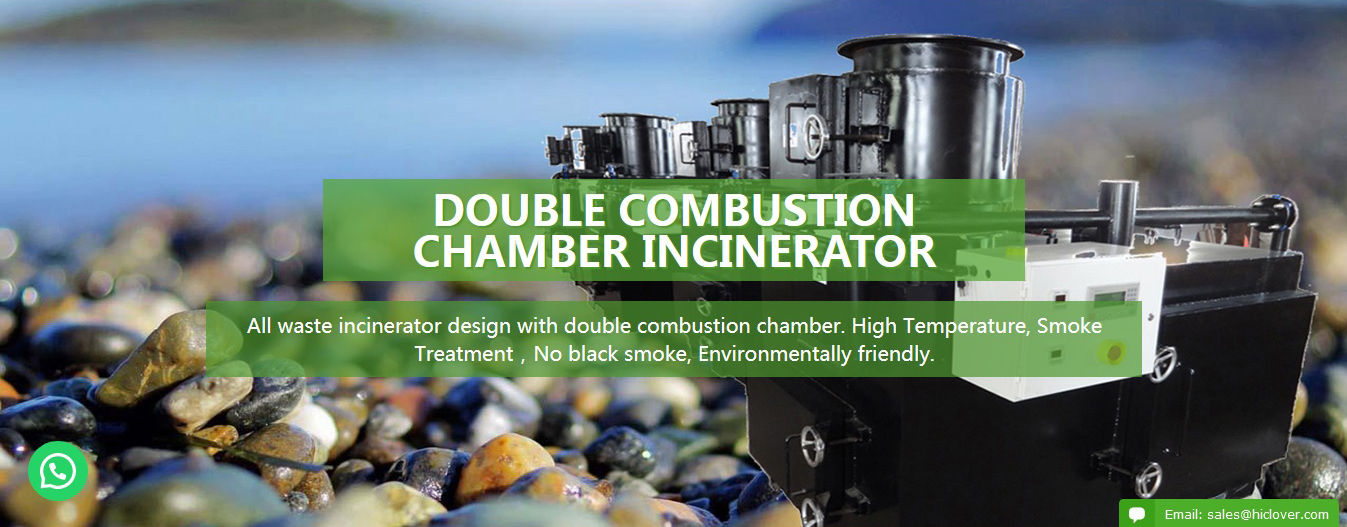Hospitals generate a significant amount of waste on a daily basis, ranging from medical and hazardous waste to general waste. With the global focus on sustainability and environmental responsibility, it is crucial for hospitals to establish proper waste management practices to ensure the safe and sustainable disposal of healthcare waste.
Here are some tips for managing hospital waste responsibly:
1. Segregation of Waste: Proper segregation of waste is the first and most important step in managing hospital waste. Hospitals should have separate bins for different types of waste including general waste, recyclable waste, hazardous waste, and medical waste. This helps in ensuring that each type of waste is disposed of appropriately, minimizing the risk of contamination and environmental harm.
2. Training and Education: Hospital staff should be trained on the proper segregation and disposal of waste. It is important to educate them on the potential risks associated with improper waste management and the importance of adhering to waste management protocols.
3. Use of Eco-Friendly Products: Hospitals should make efforts to use eco-friendly and biodegradable products wherever possible. This includes switching to reusable products, minimizing the use of plastic and single-use items, and using environmentally-friendly cleaning products.
4. Waste Reduction and Recycling: Hospitals should focus on reducing waste generation and increasing recycling efforts. This can be achieved through initiatives such as paperless systems, reuse of medical equipment, and recycling programs for items such as cardboard, plastic, and glass.
5. Proper Disposal of Hazardous Waste: Hospitals generate a significant amount of hazardous waste such as sharps, chemicals, and pharmaceuticals. It is crucial to ensure that these types of waste are disposed of in a safe and environmentally responsible manner, following legal regulations and guidelines.
6. Collaboration with Waste Management Companies: Hospitals should work with reputable waste management companies that specialize in the safe disposal of medical and hazardous waste. These companies have the expertise and resources to ensure that waste is handled and disposed of in compliance with environmental regulations.
7. Monitor and Evaluate Waste Management Practices: It is important for hospitals to regularly monitor and evaluate their waste management practices to identify areas for improvement. This includes conducting waste audits, reviewing waste management protocols, and seeking feedback from staff and stakeholders.
In conclusion, managing hospital waste responsibly is crucial for the safety of patients, staff, and the environment. By implementing proper waste management practices, hospitals can reduce their environmental impact and contribute to a safer and more sustainable future. It is essential for hospitals to prioritize the responsible management of waste and to continuously seek ways to improve their waste management practices.



